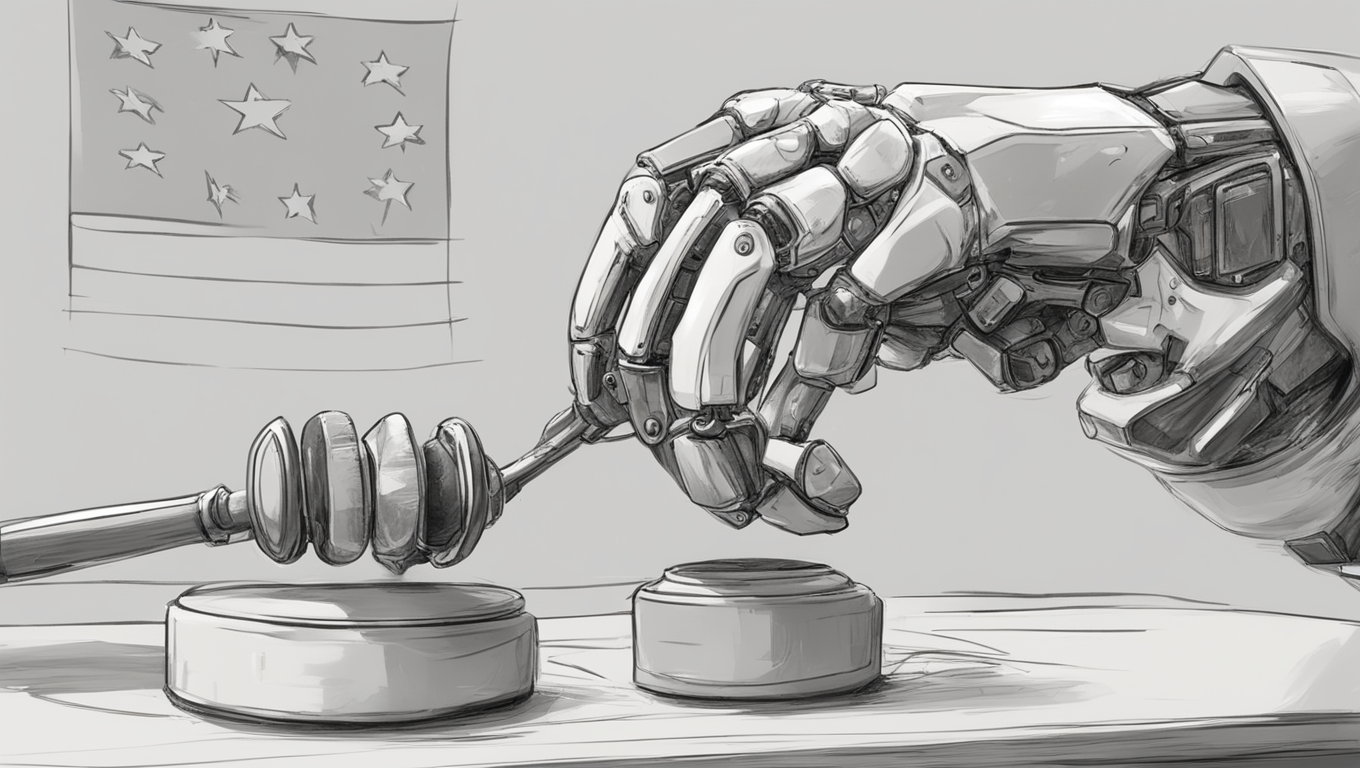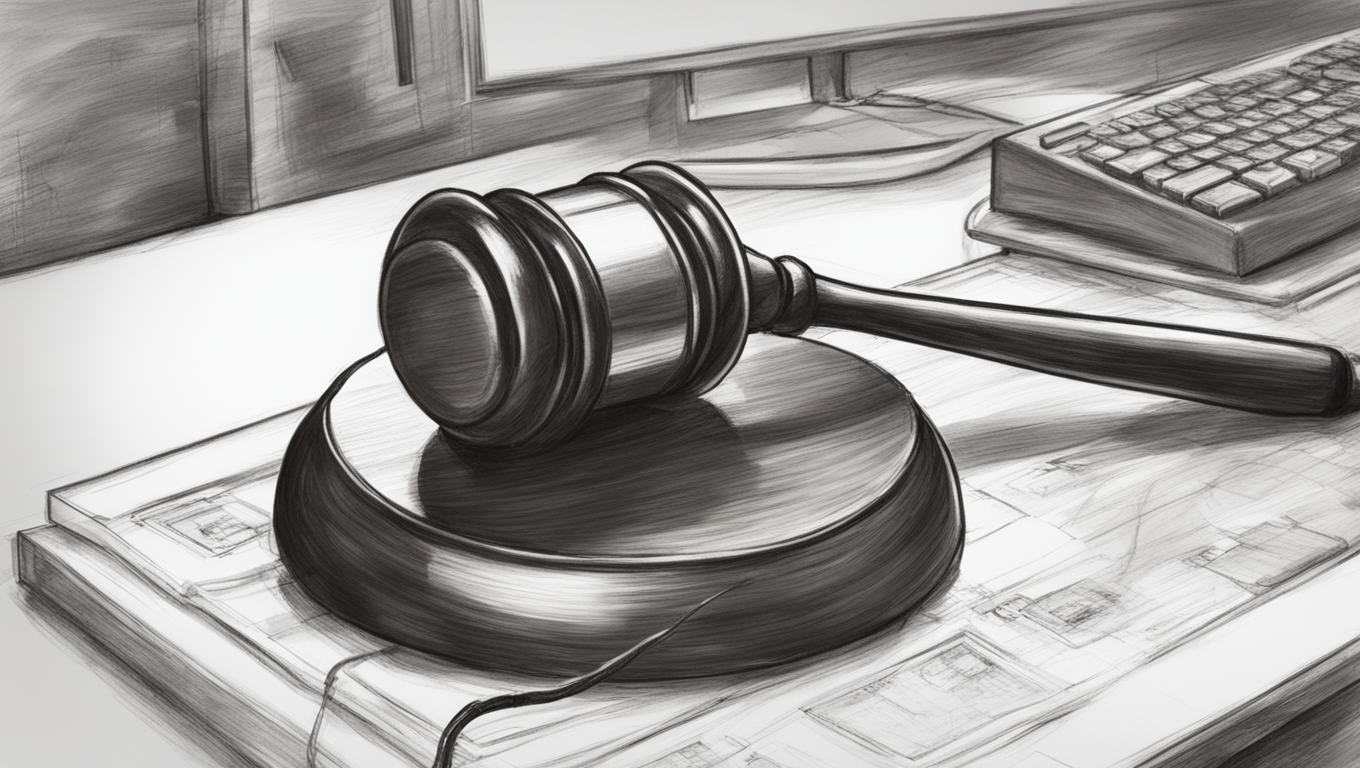In a groundbreaking move, the European Union has taken the lead in creating binding rules for the regulation of fast-moving AI technology. While many countries and international organizations have been considering how to regulate AI, most have only put forth voluntary guidelines or codes of practice. However, the EU’s policymakers have announced that they have reached a final compromise on the content of the AI Act, signaling a pioneering step in regulating AI.
The announcement of the AI Act’s content was met with both celebration and skepticism. OpenAI’s ChatGPT and Google’s Bard are just a few examples of the ubiquitous AI tools that have been gaining popularity. However, some EU countries, including Germany, France, and Austria, have expressed concerns and hinted that they may oppose the text in the upcoming vote. Germany and France, in particular, worry that the rules for advanced AI models could hinder Europe’s budding AI champions—companies like France’s Mistral and Germany’s Aleph Alpha.
The fate of the AI Act was suddenly uncertain, as a total of four opposing countries could potentially derail the law. In response to these concerns, the cabinet of French Economy Minister Bruno Le Maire called for further negotiations with the European Parliament to address the issues raised. This prospect worried the Belgian Council presidency, as there was a lack of time for additional negotiations. Adding to the complexity, the Parliament itself was dealing with a dispute over the AI Act’s facial-recognition rules, sparked by MEP Svenja Hahn, who emphasized privacy concerns.
Fortunately, the EU was able to resolve the matter through a combination of a PR offensive and diplomatic maneuvering. The Commission, aware of the urgency, announced a package of pro-innovation measures targeting the AI sector. Additionally, they established the EU’s Artificial Intelligence Office—a body that will be responsible for enforcing the AI Act.
This development is a significant step forward in regulating AI and ensuring that it is used responsibly and ethically. The EU’s leadership in creating binding rules sets a precedent for other countries and organizations around the world. By addressing concerns and balancing them with the need for innovation, the EU has shown its commitment to fostering a thriving AI ecosystem while protecting the rights of individuals and ensuring data privacy.
As we approach the vote on the AI Act, it is essential to recognize the challenges and complexities that come with regulating AI. Striking the right balance between regulation and innovation is crucial, as AI has the potential to transform countless industries and improve our daily lives. The EU’s pioneering approach should be commended, and it will be fascinating to see how other countries and organizations respond to these groundbreaking regulations.
In the words of European Commission President Ursula von der Leyen, “Artificial intelligence must serve people and the planet with the right balance. We now have clear rules to make this happen in the European Union.” The AI Act is a significant achievement for the EU, and it marks a decisive step forward in shaping the future of AI regulation.





Use the share button below if you liked it.